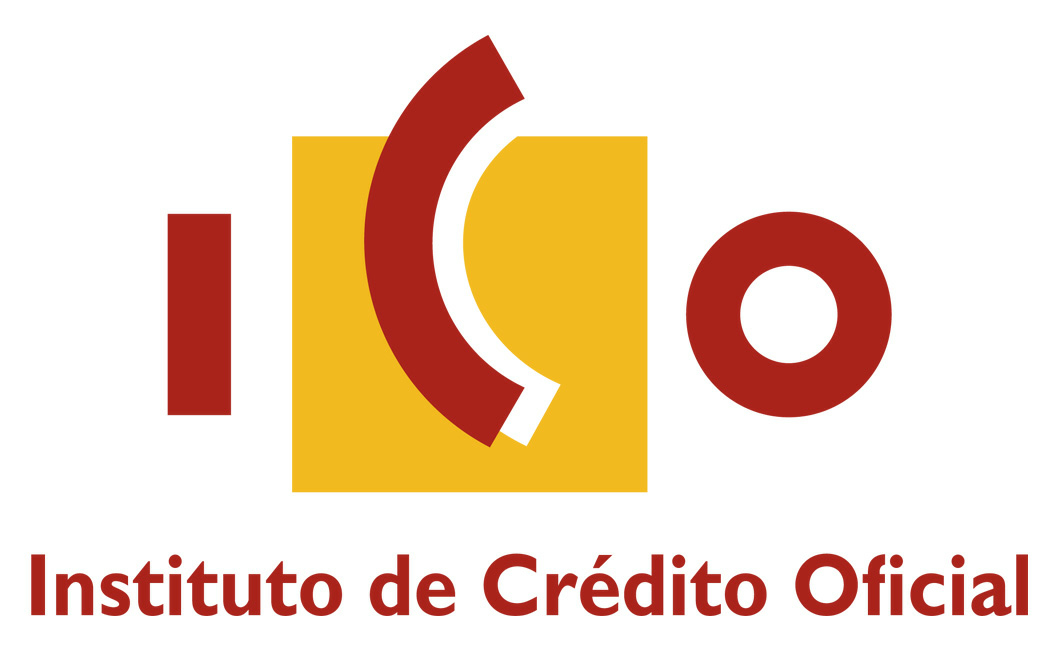ICO Group joins the PCAF initiative to measure the carbon footprint of its Loan and Investment Portfolio
29 May 2024
- ICO has joined the global PCAF initiative to promote transparency in carbon accounting aiming to assess its current and future climate impact
- The PCAF initiative has developed an internationally recognised standard to calculate the carbon footprint of financial entities. Currently, over 470 financial institutions worldwide are part of this initiative
ICO Group has approved the adoption of the PCAF (Partnership for Carbon Accounting Financials) methodology, an internationally adopted system within the financial sector for the measurement and disclosure of greenhouse gas (GHG) emissions associated with loans and investments.
Financial institutions that join PCAF undertake to measure and disclose the GHG emissions associated with their loan and investment portfolios within three years of signing up and to make this emission data publicly available in a regular and transparent manner.
By joining PCAF, ICO Group will extend the range of its carbon footprint calculation by including the most significant scope (scope 3), derived from its activity as a financier/investor. An organisation’s carbon footprint refers to a measurement of its impact on the climate due to the six greenhouse gases and it’s calculated in terms of tonnes of CO2 equivalent.
This methodology will be applied to ICO’s loan and investment portfolio, specifically to its direct financing operations, its mediation lines with financial institutions and certain projects financed by AXIS, ICO’s venture capital company.
ICO aims to promote transparency in its carbon accounting in order to assess its current and future climate impact and set a starting point for setting emission reduction targets and moving towards a low-carbon economy, thereby contributing to the fight against climate change.
PCAF Initiative
This initiative was launched in 2015 by Dutch financial institutions to develop a globally accepted standard for measuring and disclosing GHG emissions associated with loans and investments. Over the years, this initiative has consolidated internationally.
The initiative provides companies with a starting point to set decarboniZation targets and align their portfolios with the Paris Climate Agreement.
Currently, more than 470 financial institutions worldwide, including commercial banks, development banks, asset managers, and insurance companies, are part of the initiative.
ICO's Background in Carbon Footprint Measurement
Following the voluntary standards of the Global Reporting Initiative (GRI), ICO has been calculating its scope 1 and 2 carbon footprints since 2010. Since 2021, the Institute has aimed to improve the calculation methodology used to date by adopting the best practices established by the Ministry of Ecological Transition and Demographic Challenge in its guidelines for calculating carbon footprints and drawing up organisations’ improvement plans.
ICO will now go further by adopting the PCAF methodology to complete the carbon footprint calculation with that of its emissions envisaged in scope 3, namely the GHG emissions generated by ICO Group’s activity as a financier/investor, due to the materiality of financial institutions.
Signing up for the PCAF initiative forms part of ICO Group’s global strategy, which has placed sustainability at the heart of its activity to support the Spanish business fabric by promoting a more sustainable economic growth model.
Share




